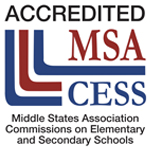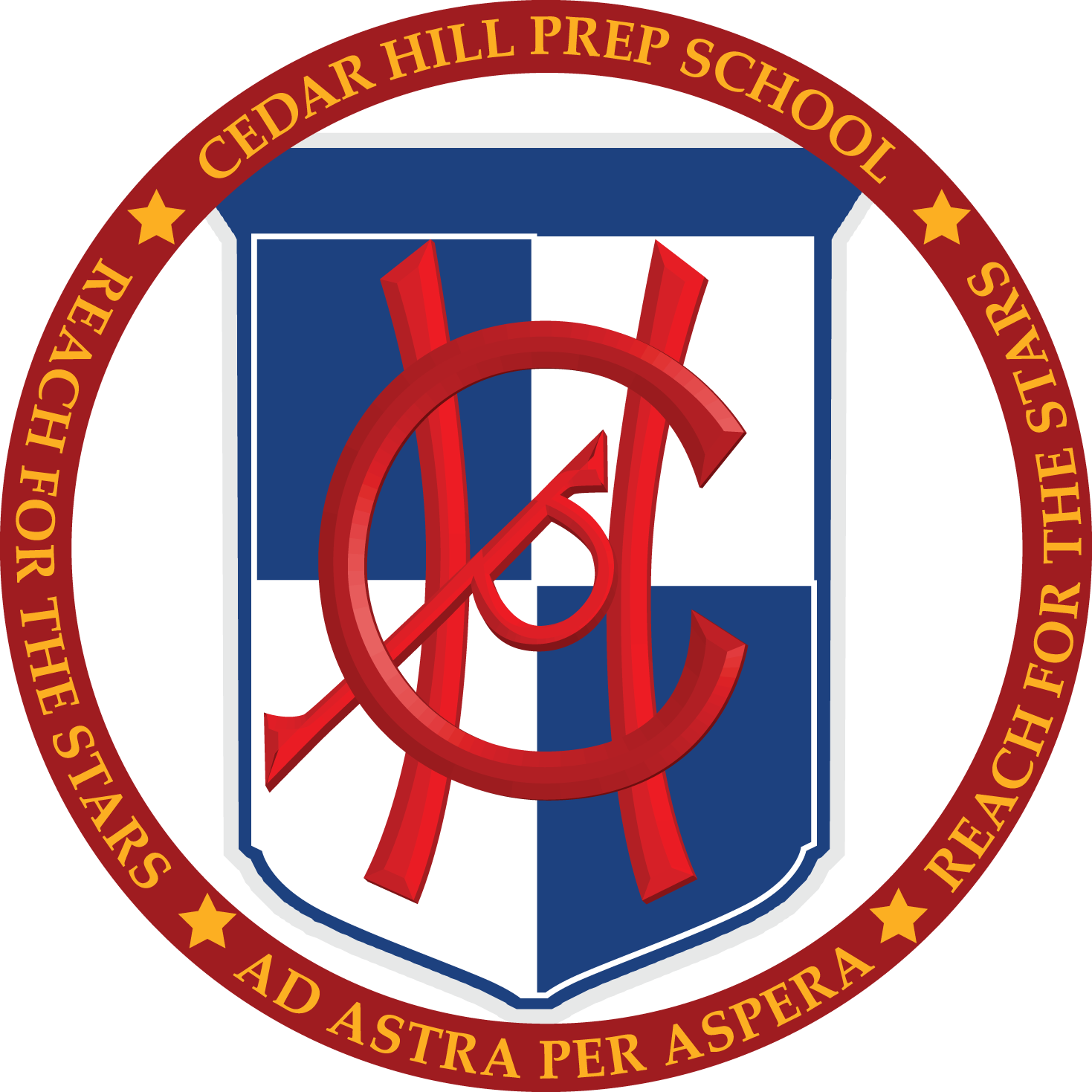The PARCC test and whether to allow one’s child to take the test or opt out of testing is an intense debate within the community. It is like opening Pandora’s box. Many find themselves in tense arguments and strong views. However, in my opinion, we need to step back and understand the big picture – which is – Do we know where our child is in comparison to his/her peers within the school, district, and state? If these students are going to eventually take the SAT/ACT in high school which benchmarks them against their peers – is this not the best way to prepare each child?

Over the past few weeks, we have looked at standardized testing in more detail. We have written about PARCC, TerraNova and other tests in general, and have given you a short history of standardized testing in the United States and New Jersey in particular. We also have looked at the difference between proficiency and achievement tests and explained how to understand and interpret testing scores.
Today I would like to challenge you to consider the following perspective; have you ever measured the impact of the education your child is receiving. Instead of wondering whether or not PARCC is the right test, or how to compensate if you have chosen to exempt your child from taking the PARCC test, have you asked yourself, “Do I have an end goal for my child’s education or “ Are you just choosing to opt out of tests because you think the anxiety is unnecessary?”
Do you have a list of skill sets your child needs to succeed through school and college?
Education Is A Long-Term Investment To Prepare For Life
While it is understandable that we, as parents, get caught up in the little things, as in how well our daughter is doing on her history test tomorrow or how to prepare for the upcoming mid-term exams, we cannot lose sight of our long-term goals.
Here is the truth — being proficient isn’t good enough! Proficiency, in the context of PARCC means, your child scored 50% or above in the test. This bar of 50% is really not in any way an indication of their readiness for college!
It does not provide any indication of the child having honed 21st-century skills which include the ability to think out of the box and solve problems independently, exhibit independent learning, self-knowledge, awareness and individual initiative.
If this is not convincing enough, consider another fact. According to a recent study entitled The Future of Employment,
“47 percent of total US employment is in the high risk category, meaning that associated occupations are potentially automatable”.
The authors of the report, Carl Benedikt Frey and Michael A. Osborne, point out that the three cornerstones of classrooms around the world — reading, writing, and arithmetic — are no longer sufficient. We cannot teach our children based on an education system designed for the Victorian era and expect them to make a living in a world in which robots, artificial intelligence, and other automation will replace millions of jobs.
So what can you do?
Get Involved & Take Responsibility
Recently, I attended a few college information sessions as my son prepared to decide which university he should attend. I was stunned at the questions that were asked by the parents. For example, one mom asked the administration how they will ensure that her son is coming to classes. I was flabbergasted. Why aren’t we taking responsibility for the education of our children?
This is probably the biggest investment we will ever make (I do not mean monetarily), so why aren’t we more involved? Ask about what the curriculum is, what the end goals of the curriculum are, ask whether students are made accountable for their performance and how independence is fostered in each child. If you take ownership, so will your child.
Nurture Cognitive Abilities
While you alone, as a parent, cannot change state-mandated regulations, curriculum outlines or other cornerstones of the existing system, you have the power to take control over your child’s education. One of the best ways to do that is to learn more about cognitive skills, how they can be nurtured, fostered, and their impact on education.
Think about it: every child is different and has his or her cognitive skill set. These skills include flexible thinking, abstract and verbal reasoning, spatial perception, working memory, attention span, processing speed and many more. Based on this unique blueprint, one child might have above-grade reading comprehension and fluency, but poor math skills, while another can recite almost anything from memory, but has trouble expressing themselves creatively.
However, irrespective of their abilities or skills, each child is being taught in the same unwavering way because we just do not know much about our child’s specific cognitive abilities.
Imagine how different education would be if we could determine each child’s blueprint and develop individualized strategies to foster the strengths while helping the child overcome the weaknesses. For example, a child that struggles to memorize multiplication tables or history facts might have an easier time visualizing them.
Teachers will be aware of each student’s cognitive abilities and how they impact individual learning profiles, and then empower students to implement strategies that help them achieve the common goal.
That is why, at Cedar Hill Prep, we have collaborated with Nancy Weinstein and her company MindPrint Learning. We believe that, by discovering a student’s unique learning profile and giving him or her individualized strategies, we set each of our students up for life-long success.
Conclusion
Scoring 50% in a proficiency test is not going to guarantee a successful career in a modern day world because jobs are constantly evolving, and jobs will change significantly over the next decade.
You hold the key to your child’s success, you can not only give your child a fighting chance, but a leg up! By understanding his/her cognitive abilities and unique makeup, and by equipping him/her with individualized strategies you can nurture their strengths and build 21st-century skills.






